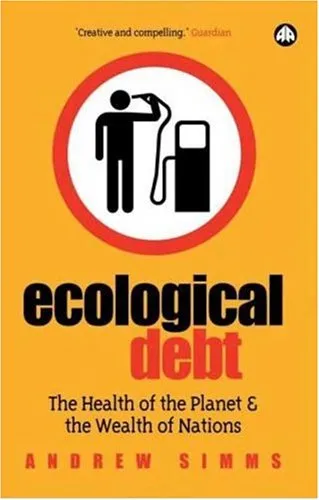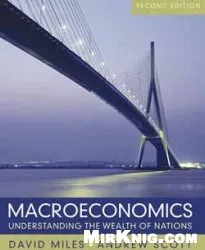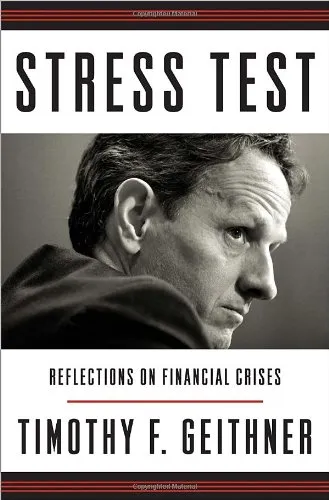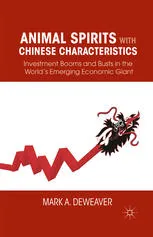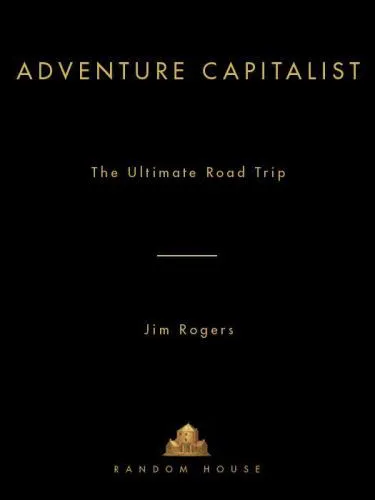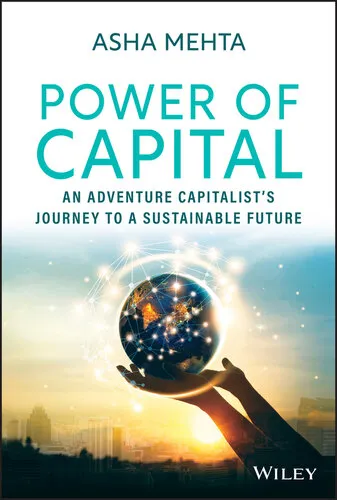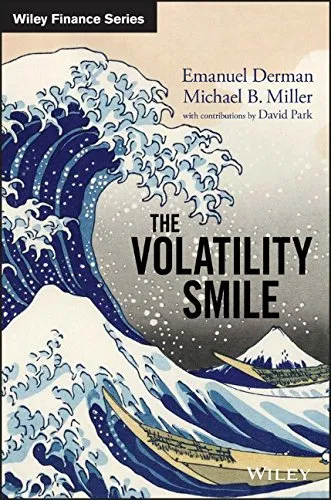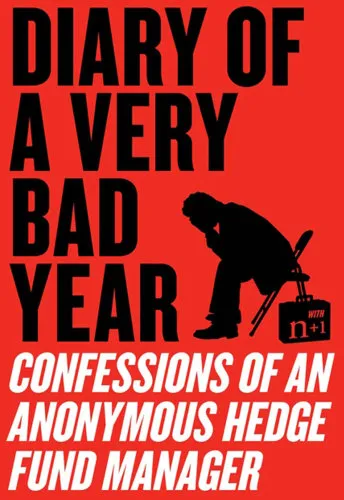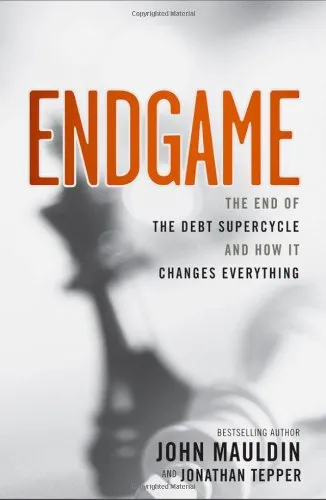Ecological Debt: The Health of the Planet and the Wealth of Nations
4.8
Reviews from our users

You Can Ask your questions from this book's AI after Login
Each download or ask from book AI costs 2 points. To earn more free points, please visit the Points Guide Page and complete some valuable actions.Related Refrences:
Welcome to the in-depth introduction of "Ecological Debt: The Health of the Planet and the Wealth of Nations," where we unravel the intricate relationship between economics and ecology. This significant work explores the concept of ecological debt—the imbalance between humanity's consumption and the Earth's capacity to replenish resources. The book serves as an urgent call to recognize and address the environmental costs incurred by affluent nations while emphasizing the need for a sustainable global economy.
Detailed Summary of the Book
"Ecological Debt: The Health of the Planet and the Wealth of Nations" unravels the complex layers of economic development, detailing how the industrialized world has incurred a massive debt to the Earth. Andrew Simms highlights how developed countries consume resources at a rate that far exceeds the planet's ability to regenerate them, creating an ecological deficit. Through meticulously researched examples and case studies, the book traces the historical origins and modern-day ramifications of this imbalance.
Simms introduces the compelling argument that while financial debts are fiercely tracked, ecological debts remain largely invisible and ignored. With chapters dedicated to topics like carbon emissions, biodiversity loss, and climate change, the book presents an all-encompassing view of the planet’s health. It explores how the pursuit of economic wealth has historically led to depleted resources and environmental degradation, disproportionately affecting developing nations.
The book doesn't just lay bare the problem; it also proposes a framework for change. It suggests rethinking economic growth models, adopting sustainable practices, and forging international agreements aimed at reducing ecological debt. Simms emphasizes that solving this crisis requires both systemic change and individual responsibility, urging readers to reconsider their consumption patterns.
Key Takeaways
- Ecological debt is the unsustainable use of the Earth's resources exceeding its capacity to regenerate.
- Industrialized nations are the primary contributors to ecological debt, while poorer nations bare its brunt.
- The current economic system prioritizes short-term gains over long-term sustainability and environmental health.
- There's an urgent need to shift towards a more sustainable model that values ecological well-being.
- International cooperation and policy reforms are essential to tackle ecological debt and promote global equity.
Famous Quotes from the Book
"The true wealth of nations, and of the planet, lies in its ecological integrity and sustainability."
"We are borrowing from the environment with no intention or plan of paying it back."
"Real progress must align with the planet's natural boundaries."
Why This Book Matters
"Ecological Debt" is a pivotal book for anyone concerned about climate change, sustainability, and the global economy's future. It challenges readers to think critically about their role in ecological degradation and highlights the urgency of transitioning to sustainable practices. As the global community grapples with climate change, this book offers invaluable insights into how we can build a future that respects the Earth's ecological limits.
By blending economic principles with environmental consciousness, Simms provides a compelling narrative that bridges the gap between ecological and economic disciplines. His work not only educates but also empowers individuals and policymakers to take meaningful action towards reducing ecological debt. This book is an essential read for those who wish to understand and influence the trajectory of our planet and its resources.
Free Direct Download
You Can Download this book after Login
Accessing books through legal platforms and public libraries not only supports the rights of authors and publishers but also contributes to the sustainability of reading culture. Before downloading, please take a moment to consider these options.
Find this book on other platforms:
WorldCat helps you find books in libraries worldwide.
See ratings, reviews, and discussions on Goodreads.
Find and buy rare or used books on AbeBooks.
1385
بازدید4.8
امتیاز0
نظر98%
رضایتReviews:
4.8
Based on 0 users review
Questions & Answers
Ask questions about this book or help others by answering
No questions yet. Be the first to ask!
